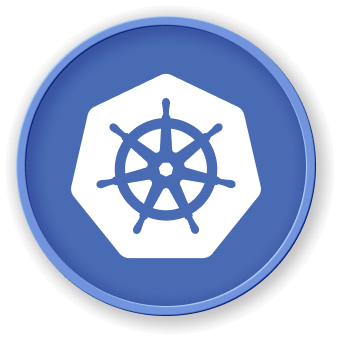Introduction
This comprehensive tutorial will guide you through the world of Kubernetes logging, focusing on the essential 'kubectl get pod logs' command. You'll learn how to access, filter, and troubleshoot logs for your containerized applications, empowering you to effectively monitor and maintain your Kubernetes-based infrastructure.



